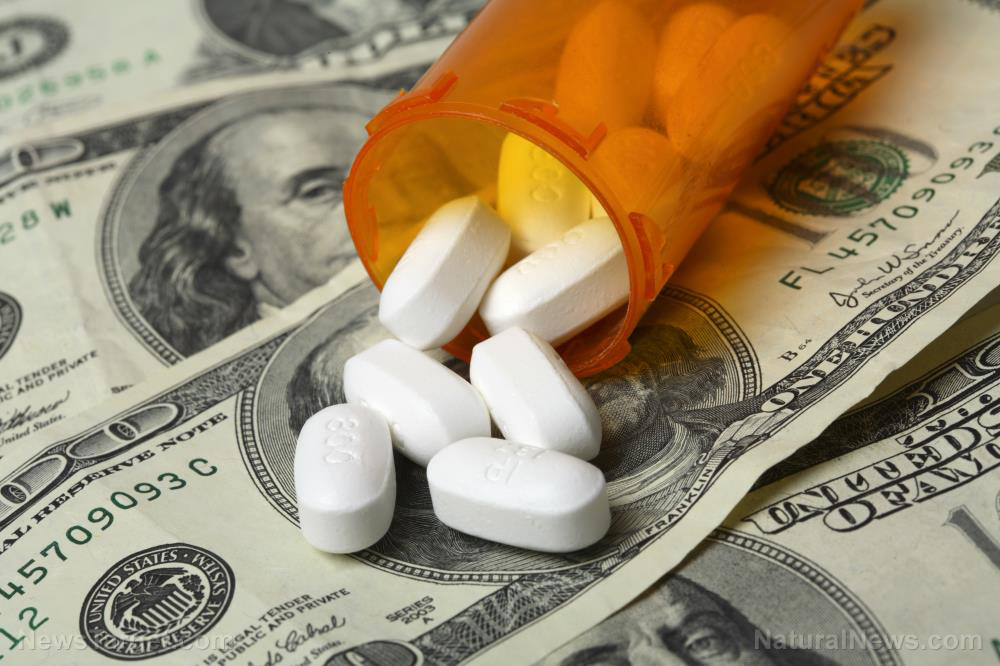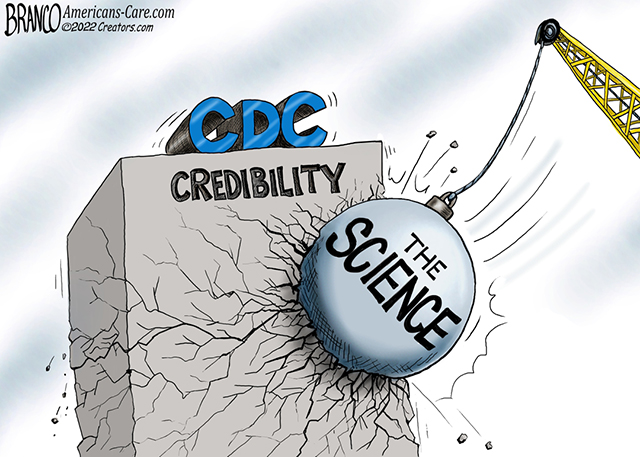 Parler
Parler Gab
Gab
- The FDA has approved only two antipsychotics—Risperdal and Abilify—for autism-related irritability, yet doctors routinely prescribe off-label SSRIs, stimulants, and sedatives with zero long-term safety data.
- Johnson & Johnson illegally marketed Risperdal to children, leading to billions in lawsuit payouts for side effects like gynecomastia (male breast growth), yet the drug remains widely prescribed.
- Polypharmacy—mixing multiple psychoactive drugs—is rampant in autism care, creating a dangerous "uncharted pharmacologic wilderness" with no clinical trials to guide safety.
- SSRIs like Prozac, Zoloft, and Paxil are linked to increased aggression, emotional blunting, and suicidal thoughts in children, yet they’re handed out like candy.
- Non-drug therapies—dietary changes, detox protocols, gut healing—are ignored because they’re not profitable for Big Pharma or reimbursable by insurers.
The Risperdal scandal: Profits over children’s safety
Risperdal and Abilify are FDA-approved for "irritability" in autism (e.g., aggression, self-harm), not core autism traits (social communication, sensory issues). Key issues:- Side effects: Gynecomastia (linked to Risperdal’s prolactin elevation), metabolic disorders (diabetes, weight gain), tardive dyskinesia (irreversible movement disorder), and emotional blunting.
- Ethical concerns: J&J’s $2.2 billion fine (2013) for off-label marketing to children and elderly populations, hiding risks.
- Lack of efficacy: Drugs may suppress behaviors without addressing root causes (e.g., pain, sensory overload, gut issues).
Escaping the drug trap: Root-cause healing
The real scandal is how medicine ignores proven, non-drug therapies. Autism Speaks admits that FDA-approved drugs don’t address core traits like sensory integration or communication struggles. Instead, children are drugged into submission while underlying issues—vaccine toxins, heavy metals, gut dysbiosis—go untreated. Lyons-Weiler argues for "systems-level research" free from Pharma influence, focusing on detoxification, anti-inflammatory diets, and microbiome restoration. But as long as insurers refuse to cover these therapies, doctors will keep pushing pills—and another generation of children will pay the price. Advice for families:- Seek second opinions if drugs are pushed without thorough evaluation.
- Advocate for multidisciplinary care (behavioral therapy, OT, dietary support).
- Monitor side effects closely (e.g., weight gain, mood changes).
- Dietary: Gluten-free/casein-free (GFCF), anti-inflammatory diets (e.g., low sugar, omega-3s).
- Gut-Brain Axis: Probiotics, fecal transplants (early research shows promise for microbiome imbalances).
- Detoxification: Chelation (controversial for heavy metals; risks outweigh benefits unless lead/mercury poisoning is confirmed).
- Stricter off-label prescribing rules.
- Insurance coverage for non-drug therapies.
- Independent research into root causes (e.g., environmental triggers, epigenetics).
Kennedy’s ACIP purge EXPOSED systemic and arrogant conflicts of interest governing the CDC
By Lance D Johnson // Share
Federal judge upholds FDA’s decision to remove GLP-1 drugs from shortage list
By Laura Harris // Share
KETAMINE ABUSE puts a generation of British youth at risk
By Ava Grace // Share
FBI emails unmask DOJ’s weaponized scheme to criminalize Trump through fringe J6 choir claims
By Willow Tohi // Share
Governments continue to obscure COVID-19 vaccine data amid rising concerns over excess deaths
By patricklewis // Share
Tech giant Microsoft backs EXTINCTION with its support of carbon capture programs
By ramontomeydw // Share
Germany to resume arms exports to Israel despite repeated ceasefire violations
By isabelle // Share










